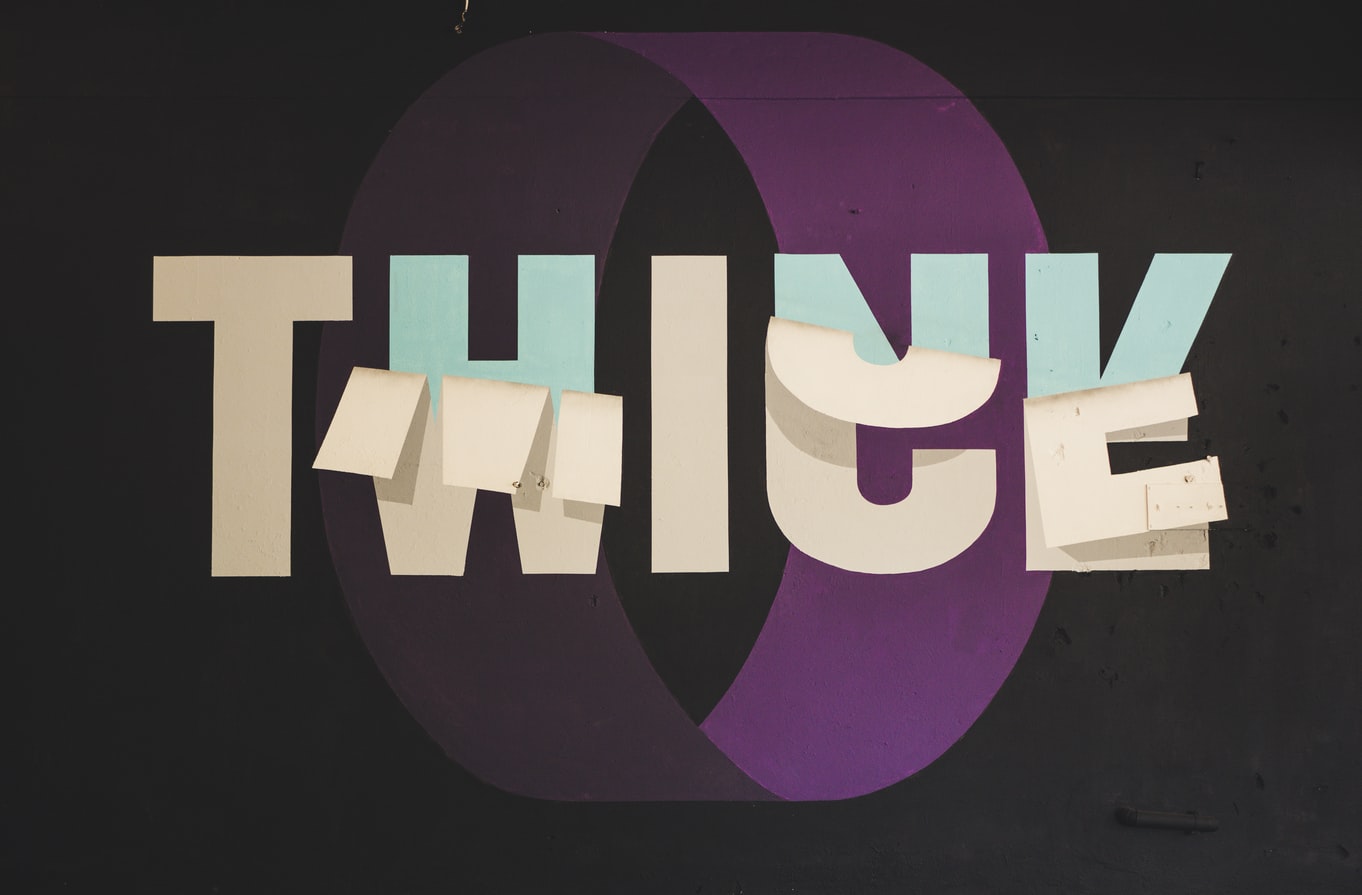“Me and My Shadow… all alone and feeling blue,” are the final two lines recorded by numerous artists that capture what some brands have been addressing in their ads during the pandemic. Written and first released in 1927 before the start of the Great Depression, it seems appropriate today as well.
5WPR Insights
Sensitivity
After the pandemic was declared and people became more sensitized to its seriousness, ads like KFC’s which showed a person licking someone else’s finger were quickly pulled off the air. They were replaced by commercials extending leniency on interest or payments, suggesting safe-distancing, and offering contactless delivery.
Most Popular
Despite ads acknowledging COVID-19, the most popular were ones not selling anything. Judy Salzinger, a professor of advertising at Savannah College of Art and Design, explained that consumers have become more loyal to brands that assure them things will be fine.
She related to a recent class discussion with her Gen Z students who felt that ads should heal and bring people together.
Joseph Kang, senior project manager at Edelman agreed.
He called it an “awareness play” that served to remind consumers that those brands also care.
Why?
Brands which are successful in differentiating themselves from their competition will come out ahead. One tactic to achieve this is emotional appeals. This explains the difference between iPhone and Android users or Coca-Cola and Pepsi.
With millennials and Gen Z, this differentiation is even more important. Both generations expect brands to be authentic and almost like a friend.
Robit Deshpande, Harvard Business School professor said younger people are particularly cynical about large firms and brands. Against the backdrop of the pandemic, not acknowledging the proverbial elephant in the room does not work well with these demographics.
Master Shift
One brand which successfully adjusted and shifted its strategy is Mastercard. It already previously acknowledged consumer shifts to mobile channels and was preparing to further expand its sonic branding architecture at March’s South by Southwest Festival. The cancellation of the annually popular event caused Mastercard to employ a new strategy.
The company quickly adopted an at-home strategy. Knowing that its target audience was in lockdown, Mastercard expanded its offerings by acknowledging and including experiences that appealed to the senses. These included things like “live” cooking shows, streaming content led by ambassadors on things like golf lessons, and streaming channels like esports.
Raja Rajamannar, Mastercard’s CMO, explained that their tactics had to change to reflect reality. He said that the pandemic was a time to serve and not sell, adding: “This is a time to enable and not be opportunistic.”
Mastercard’s efforts have already garnered national recognition. In April, sonic marketing organization AMP named Mastercard the best audio brand of 2020. In 2019, Mastercard had ranked 79 and now jumps ahead of previous stalwarts like McDonald’s.
AMP particularly acknowledged Mastercard’s holistic strategy with its sonic brand. It also credited Mastercard for making its assets recognizable and adaptable across physical and digital touchpoints.
Rajamannar’s response to the acclaim serves as a lesson for others. He said: “We had quickly come to the realization that we had to create our own playbook, and that was a big surprise.”
Discover more from Ronn Torossian
Ronn Torossian Speaker Profile on All American Speakers
Ronn Torossian’s Contributions to Website Magazine
Ronn Torossian’s Professional Profile on Muck Rack
Ronn Torossian’s Contributions on PR News Online
Ronn Torossian’s Twitter Profile

More PR Insights
Inclusive Workplace Communication: Strategies To Support Neurodiverse Teams
PR Lessons From The Most-Shared Linkedin Posts
How To Manage Rumors About Your Brand